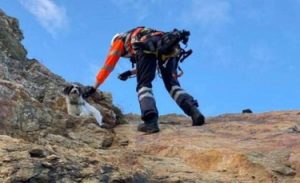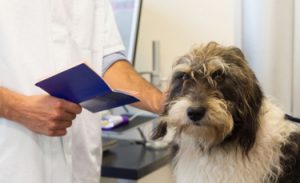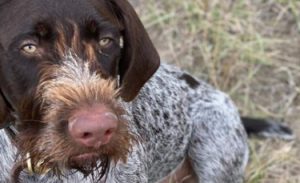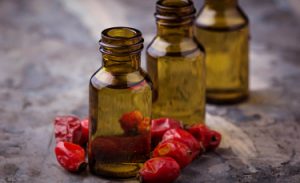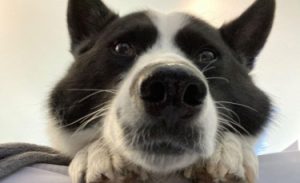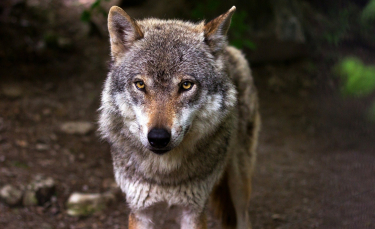 Illustrative photo
Illustrative photo
The wonderful world of canines has yet to reveal all of its secrets, although many studies have been done about their origins, evolution and behavior. According to one of them, recently published, attachment to humans is not a trait reserved for dogs. His cousin and ancestor the wolf would also have the ability.
It is estimated that the domestication of the dog ( Canis familiaris ) would have started 20,000 to 40,000 years ago, and that the genetic separation between him and the wolf ( Canis lupus ) would have occurred 36,900 to 41,500 years ago. The 2 species have since kept many similarities , especially in terms of behavior . One of them was recently demonstrated by a team of researchers from Eötvös Lorand University, located in Budapest , Hungary, as reported by Futura Planète .
The study in question was published on October 14 in the journal Nature . Led by Rita Lenkei , from the ethology department at the said university, and her colleagues, it reveals that, like the dog, the wolf is also capable of feeling and showing attachment to humans .
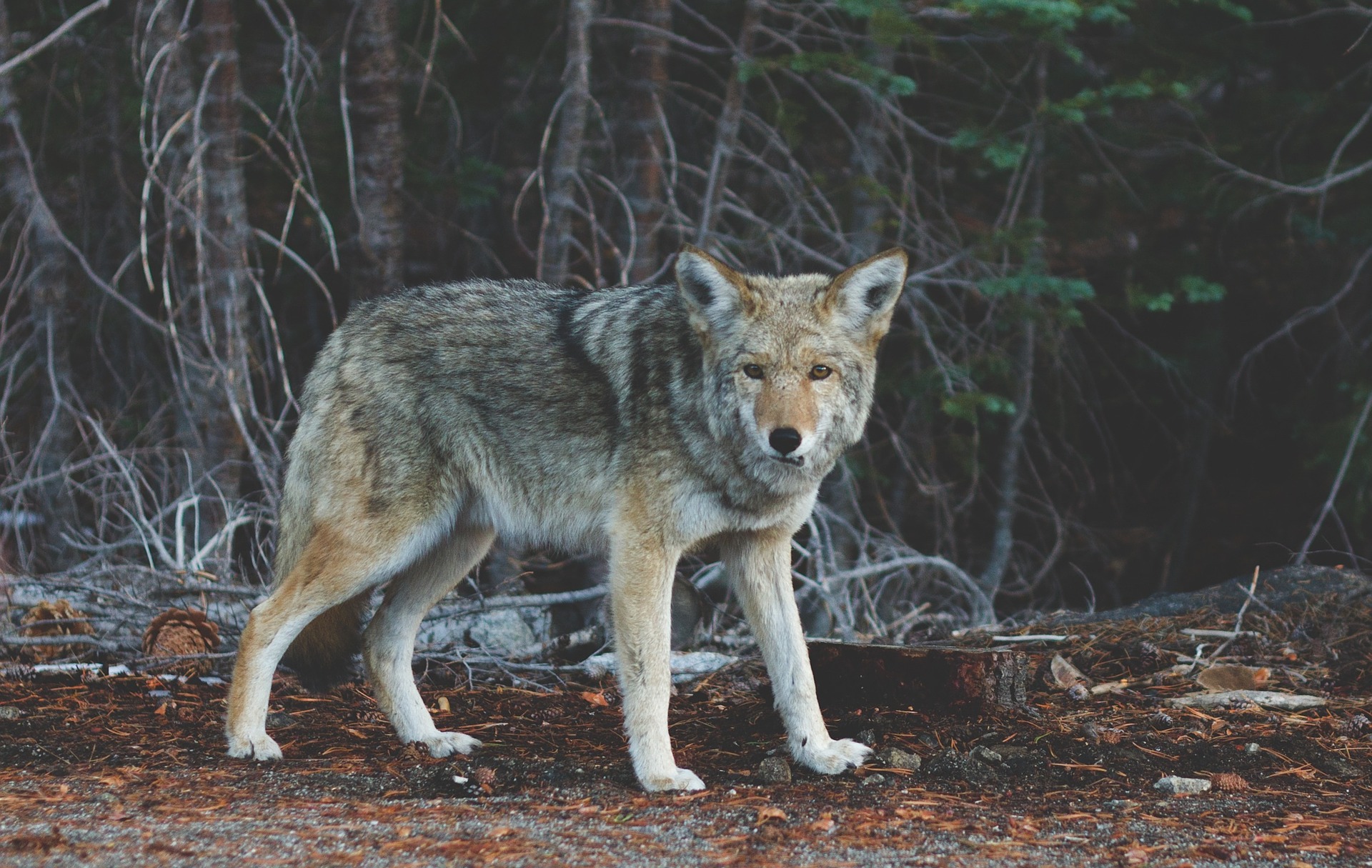
To reach such a conclusion, scientists compared the behaviors of adult and wild , but socialized dogs and wolves to humans. They observed and analyzed their reactions towards people who cared, and in respect of complete strangers.
The researchers focused on a number of attitudes displayed by dogs and wolves in different situations, in the presence of the person , and then when they disappear : stress, moans, gasps, vocalizations, contact search, safety search. , orientation, exploration, sniffing of air and objects, licking, tension on the leash (one of the exercises consisted of keeping the animal on a leash) …
They found that, in wolves as in dogs, these manifestations associated with attachment were more important when the person leaving them was familiar (the healer), than when it was a stranger.
Read also: Deaf and blind, this pink dog star of social networks is a source of inspiration for all
According to Rita Lenkei and her colleagues, this ability to form social bonds may have already been present in the wild wolf , which he demonstrated in his pack and that, during the domestication process, this ability would have been directed towards humans .



